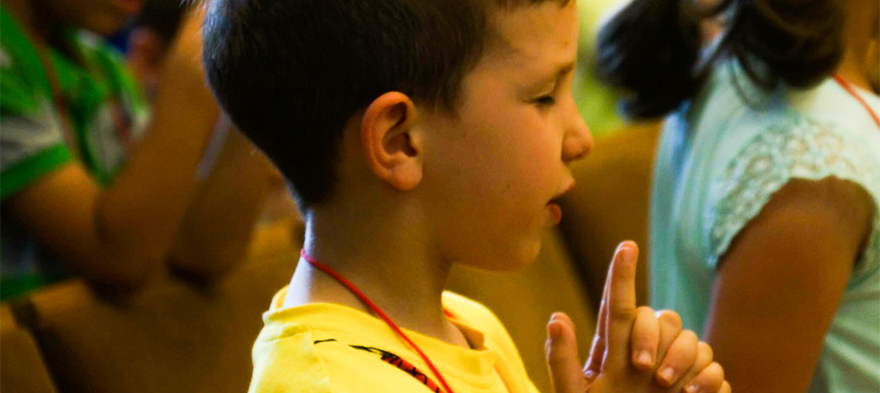
Katelyn Silva is mom to a third grader and an education writer in Providence, Rhode Island. She operates her own education writing consulting business. She was previously the chief communications officer at Rhode Island Mayoral Academies, a nonprofit dedicated to opening intentionally diverse public charter schools. Prior to that, she was the communications director at the University of Chicago Urban Education Institute.
If you have a child with disabilities, you’re not alone: According to the latest data, over 7 million American schoolchildren — 14% of all students ages 3-21 — are classified as eligible for special...
The fight for educational equity has never been just about schools. The real North Star for this work is providing opportunities for each child to thrive into adulthood. This means that our advocacy...
The story you tell yourself about your own math ability tends to become true. This isn’t some Oprah aphorism about attracting what you want from the universe. Well, I guess it kind of is, but...
Your donations support the voices who challenge decision makers to provide the learning opportunities all children need to thrive.
Ed Post is the flagship website platform of brightbeam, a 501(c3) network of education activists and influencers demanding a better education and a brighter future for every child.
© 2020–2024 brightbeam. All rights reserved.